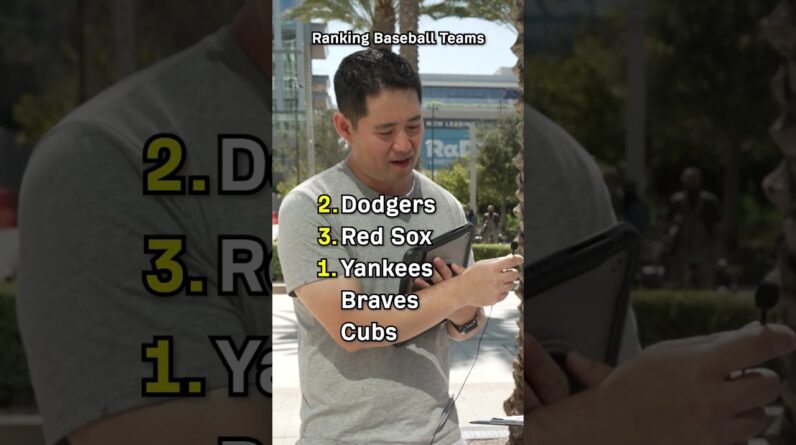
Our blog post is all about using internal links to boost your Google rankings. As website owners and content creators, we are always looking for effective ways to improve our search engine optimization (SEO) and internal linking is one of the most powerful tools at our disposal. By strategically using internal links throughout our website, we can help Google understand our content better and ultimately increase our visibility in the search results. So, if you’re interested in learning how to use internal links to boost your Google rankings, keep reading!
Introduction
As an experienced SEO writer, we know how crucial it is to rank high on Google. Fortunately, there are many strategies that can help us achieve this goal. In today’s article, we will discuss how internal linking can improve your website’s organic rankings. By strategically utilizing internal links, you can pass PageRank and boost your website’s visibility. Without further ado, let’s dive into the topic.
Why Internal Links are Important for Boosting Google Rankings?
Internal links refer to links that connect one page of your website to another page within the same domain. It can help search engines understand what your website is about and how the pages relate to each other. Here’s why internal links are essential for boosting Google rankings:
Internal Links Pass PageRank
PageRank is an algorithm used by Google to determine the importance and relevance of web pages. Links from one page to another within your website pass PageRank, which helps to boost your page’s authority and improve the ranking on Google search results pages.
Internal Links Enhance User Experience
Internal links can enhance user experience by providing visitors with relevant resources. When readers can easily find related articles or pages on your website, it increases the chances of them staying longer, engaging more, and converting into loyal customers. This also encourages return visits and increases a website’s overall value.
Internal Links Make Web Crawling Easier
Internal links make web crawling easier, which improves indexation and helps Google better understand the website. When your site has clear and well-organized internal linking, it helps search engines match search queries with accurate web pages, leading to higher rankings.
Internal Links Builds Context Around Specific Themes
When Using internal links strategically create context around specific themes related to your services and products, which helps search engine algorithms to understand your website’s focus and conveys to the audience what you are an authority on.
How to Use Internal Links to Boost Google Rankings
Now that we know why internal links are essential let’s dive into how to use them to boost Google rankings. Here is a step-by-step process to help you get started.
Step 1: Create a List of Important Pages on Your Website
First, create a list of pages that you want to rank higher in Google, such as service pages or product pages. These pages should be the most important and relevant of your website’s content.
Step 2: Find Relevant Pages to Link From
Next, you need to find relevant pages to link from. You can use several methods, such as:
- Site search in Google: Search within your website using “site:yourwebsite.com keyword” to find pages relevant to the target page and link them internally.
- Ahrefs’ Site Audit: Analyze your website’s architecture using Ahrefs’ Site Audit to identify pages related to a specific topic, which can then be linked internally.
- The Best By Links Report in Ahrefs’ Site Explorer: Takes care of improving your internal linking by finding pages on your website that already have backlinks from external websites, which are passing PageRank and link them internally.
Step 3: Implement the Links and Check on Analytics
Once you have identified the relevant pages to link from, it’s time to link them to the target pages. Also, adding CTAs using power words that encourages customers to make a purchase further boosts your website’s organic rankings in Google. Be sure to track your rankings using a rank tracking tool to monitor the impact of internal links on your website’s rankings.
Conclusion
Internal links are strategic and important factors that can help improve your website’s organic rankings on Google by passing PageRank, enhancing user experience, simplifying web crawling, and creating context around specific themes. Implementing internal links is easy when following the above step-by-step process and also helps your website become an authority over your business category. Don’t rely solely on internal linking, using other strategies such as acquiring external backlinks or updating content can all help with search engine optimization.
FAQs
Q: How many internal links should I add to a page?
A: There isn’t a specific number of how many links to add to a page because it depends on the length and type of content. However, make sure that the links are relevant, add value and have high click-through rates.
Q: Can internal linking alone boost my website’s rankings?
A: No, internal linking is a powerful strategy, but other factors are important in increasing your website’s rankings, like unique content, clean code, mobile responsiveness, and external links.
Q: What are the benefits of using Ahrefs’ Site Audit for analyzing my website’s internal links?
A: Ahrefs’ Site Audit has a wealth of features that help you analyze your website’s architecture, including helping you understand how search engines crawl your website, identifying broken links, and finding pages with missing internal links.
Q: How often should I review and update my internal links?
A: Reviewing your website’s internal links from time to time helps avoid broken links and inconsistency in your website architecture. Consider doing it regularly, like every quarter.
Q: Can internal links hurt my website’s rankings?
A: Yes, adding irrelevant, too many internal links, or spamming can hurt your website’s ranking and make it look unprofessional. Make sure you are adding links only where they are adding value and are enhancing user experience.





